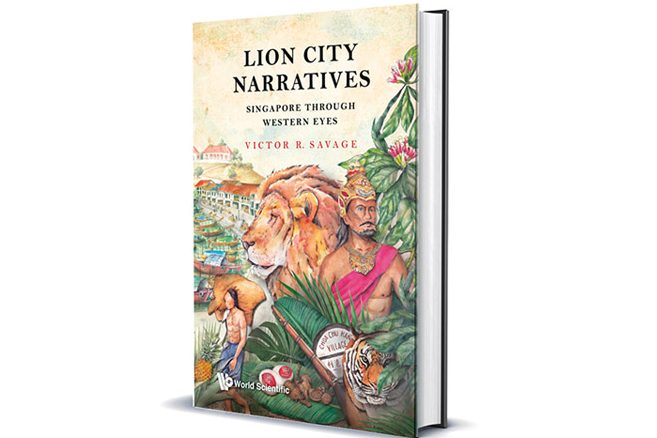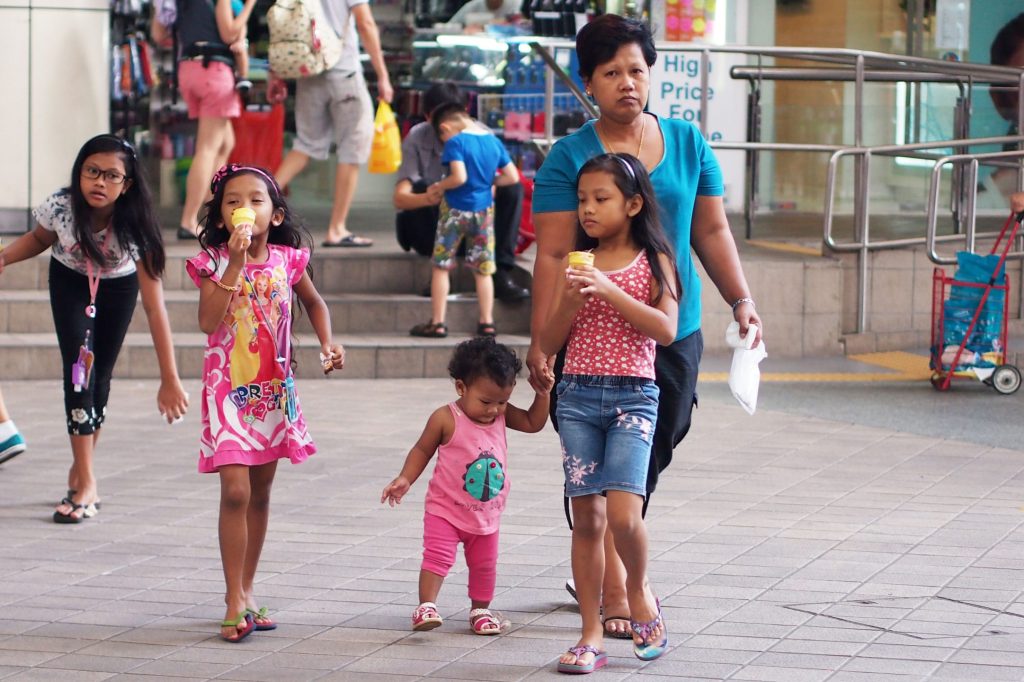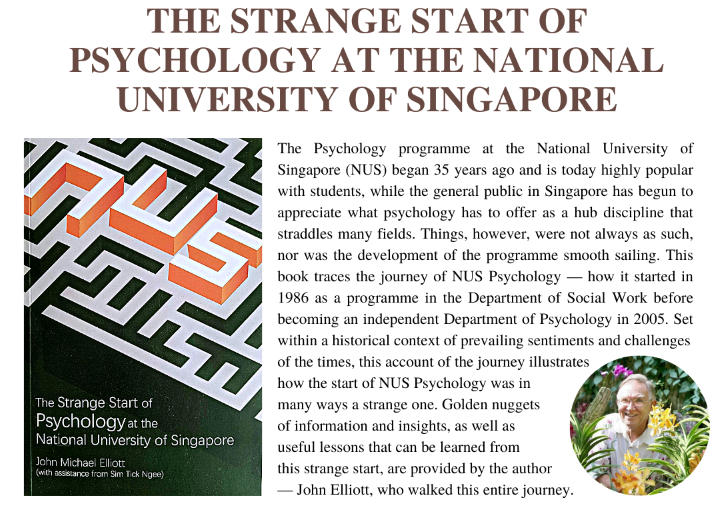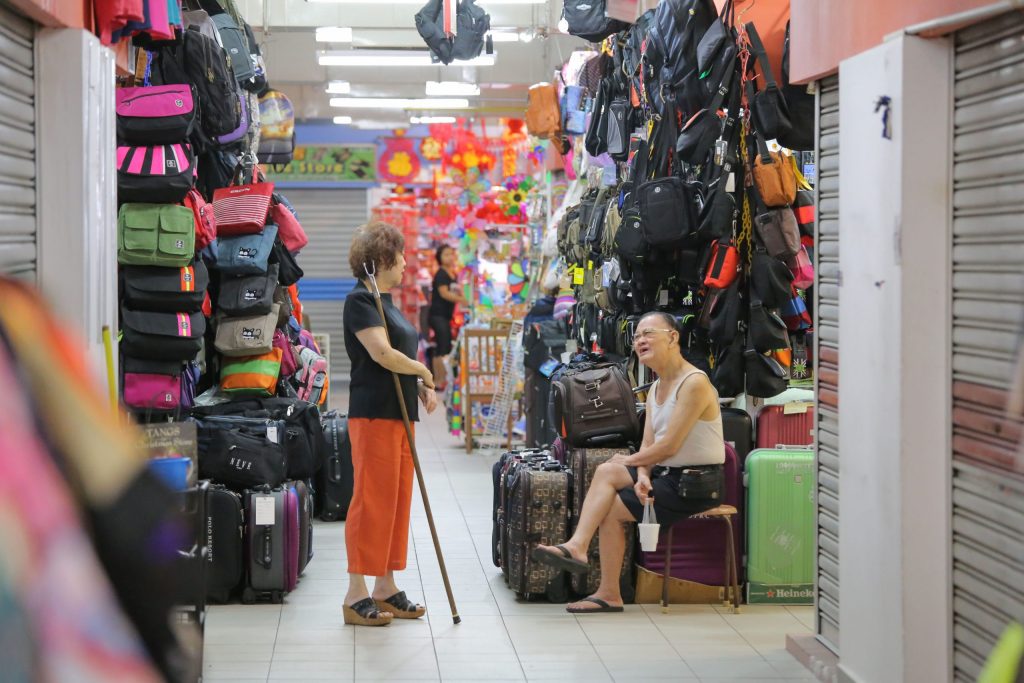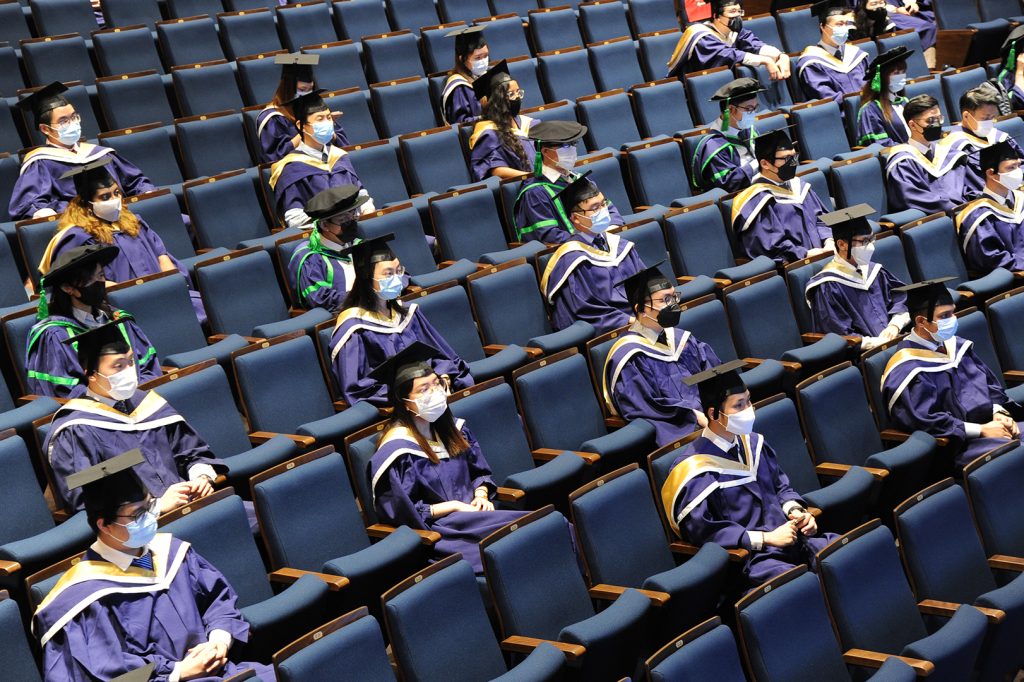News
Contrary to the narratives propagated by popular history, Singapore’s story predates the arrival of Sir Stamford Raffles in 1819. Unfortunately, a significant portion of what is known about Singapore in the 19th century before it was colonized by the British is often fragmented and scattered. This changed after the arrival of the British on its shores. …
Lion City Narratives: Singapore Through Western Eyes Read More »
Migration is a commonplace phenomenon in a globalised world, as people move in search of better opportunities for economic and social improvement. Created by the United Nations, International Migrants Day on 18 December recognises the human rights of all migrants. In the same vein, Assistant Professor Hong Renyi (NUS Department of Communications and New Media) …
Migrant Workers in Singapore and the Politics of Recognition Read More »
Alumni entrepreneurs from the NUS Overseas Colleges programme share the profound influence the experience has had on them.
In ‘Lower-income families with young kids worst hit by pandemic: Study’ (The Straits Times, 2021), Professor Jean Wei-Jun Yeung (NUS CFPR and Department of Sociology) shares how the Singapore Longitudinal Early Development Study (SG Leads), a large-scale study that involves 4,355 children, found that home-based learning during the Covid-19 pandemic put kids from needy households …
Lower-income families with young kids in S’pore worst hit by pandemic: Study Read More »
Book Launch: The Strange Start of Psychology at the National University of Singapore (NUS Press, 2021), Friday, December 10, 11am The Psychology programme at the National University of Singapore (NUS) began 35 years ago and is today highly popular with students, while the general public in Singapore has begun to appreciate what psychology has to …
On November 23, Dr Mathew Mathews (NUS Lee Kuan Yew School of Public Policy and Head of Institute of Policy Studies (IPS) Social Lab) moderated the IPS-RSIS Conference on Identity. The key points of the panel discussion were shared in ‘Six views on identities and diversity’ (The Straits Times, 2021). Professor Vineeta Sinha (NUS Department …
In ‘What has a rise in day trading and online betting to do with Covid-19?’ (The Straits Times, 2021), Professor Chew Soo Hong, Associate Professor Liu Haoming, and Associate Professor Alberto Salvo (NUS Department of Economics) explain how in times of adversity, demand for “hope products” such as stocks and lottery tickets, which involve small …
What has a rise in day trading and online betting to do with Covid-19? Read More »
A super-aged society is one where more than one in five of the population is 65 and over. In 2000, Singapore was formally designated as an ageing society. In 2019, Singapore became an aged society. And in less than 10 years, when the last cohort of the baby boomer generation enters their silver years, Singapore …
‘China, Asean and the new Maritime Silk Road’ (The Straits Times, 2021) features edited excerpts of University Professor Wang Gungwu’s (NUS Department of History) keynote speech from a recent webinar organized by the Academy of Professors Malaysia. After World War 2, the only people who thought about South-east Asia as a region were those from …
NUS graduates are regarded as the ninth most employable in the world, according to the 2021 edition of the Global Employability University Ranking and Survey. The University maintains its ranking from last year and continues to be the only Singapore university to be placed in the top 10. It also performed well in Asia – placed behind only the University of Tokyo which came in sixth place.


